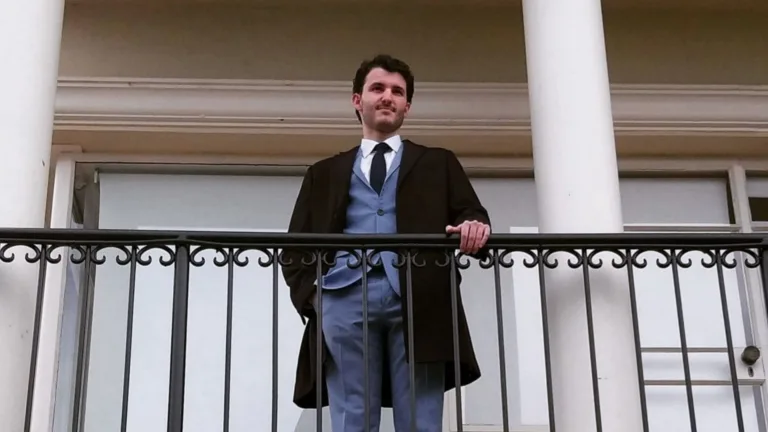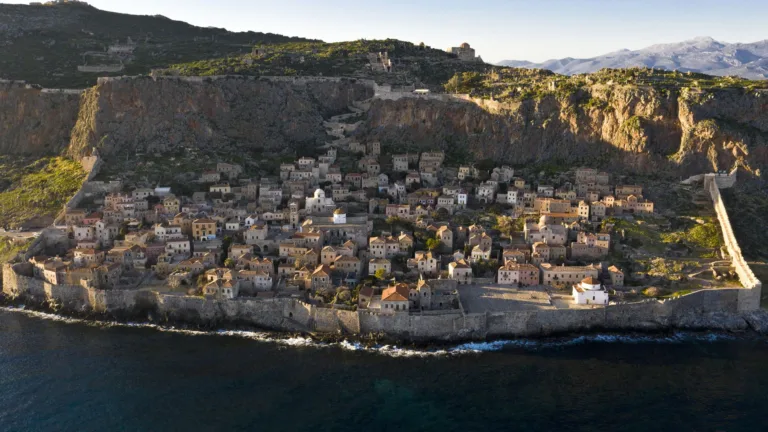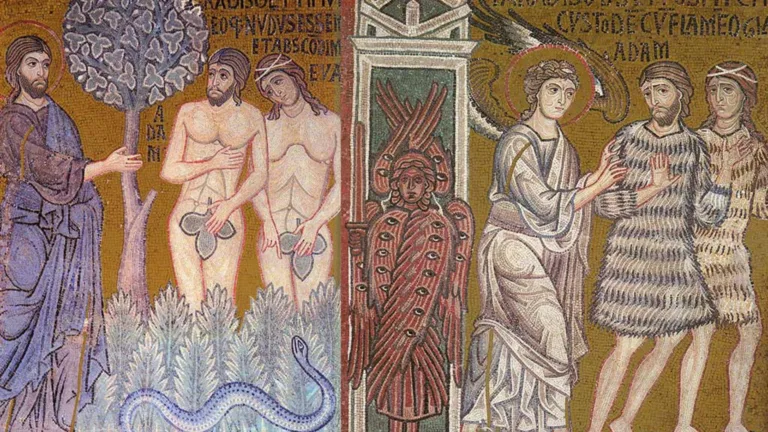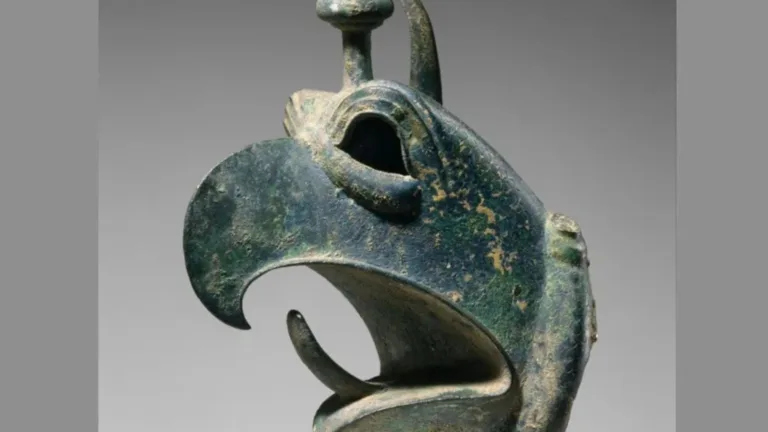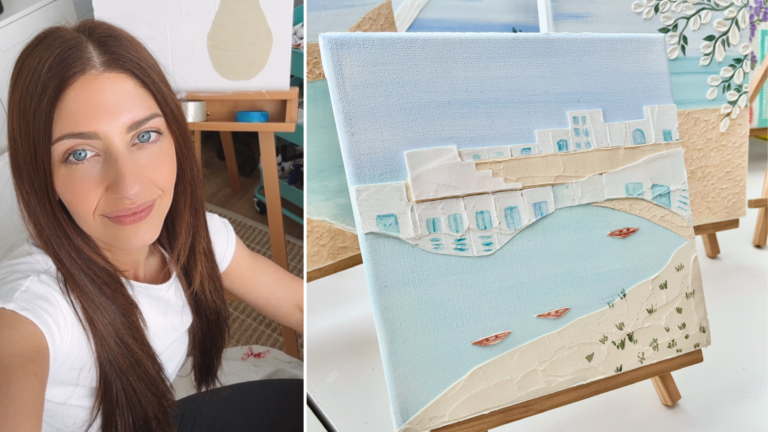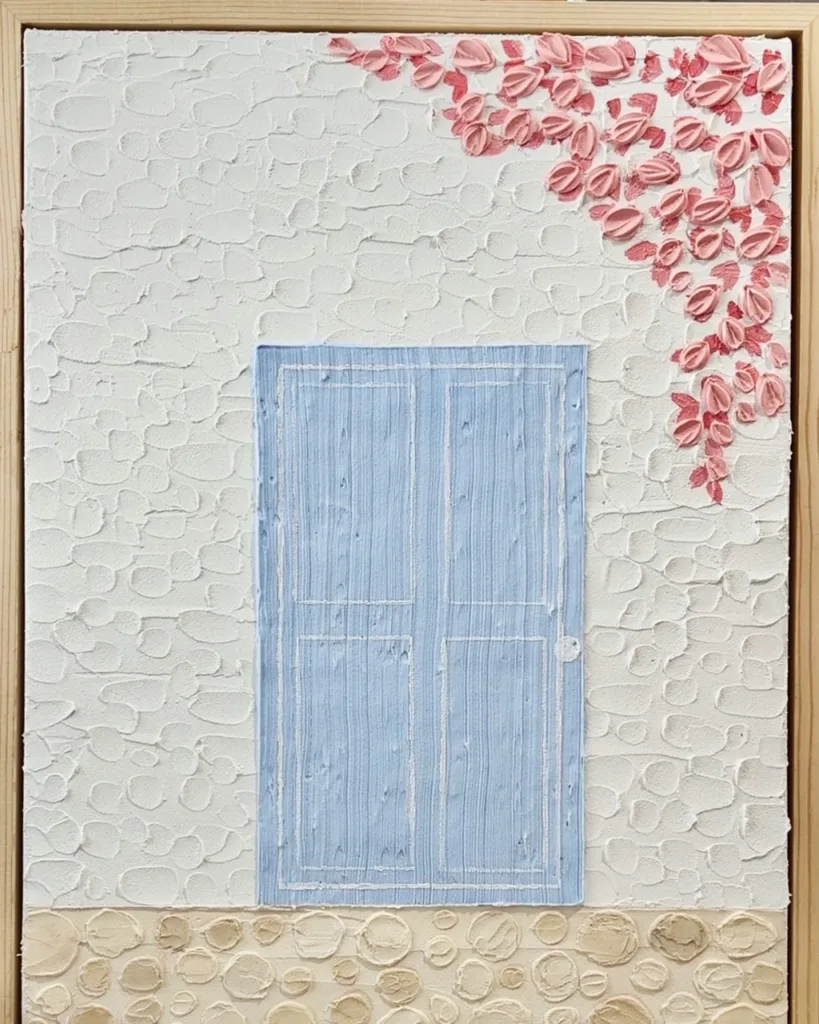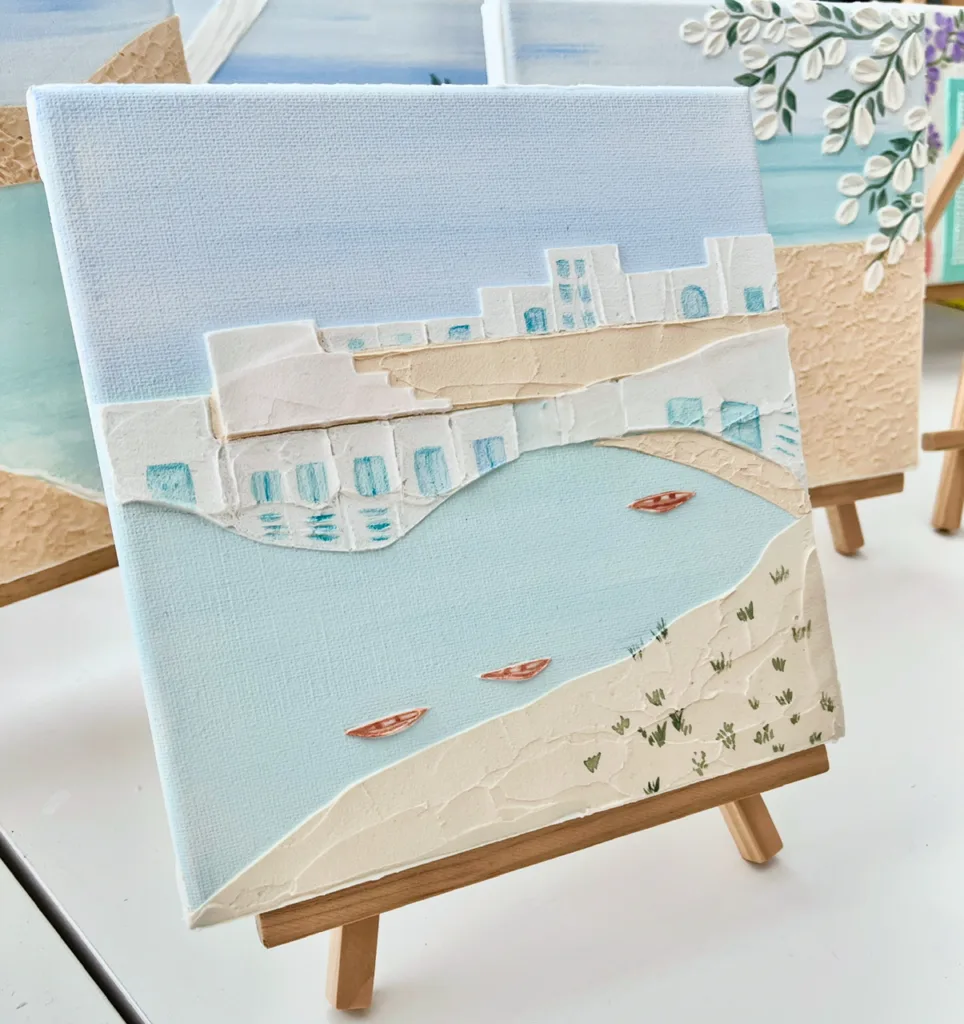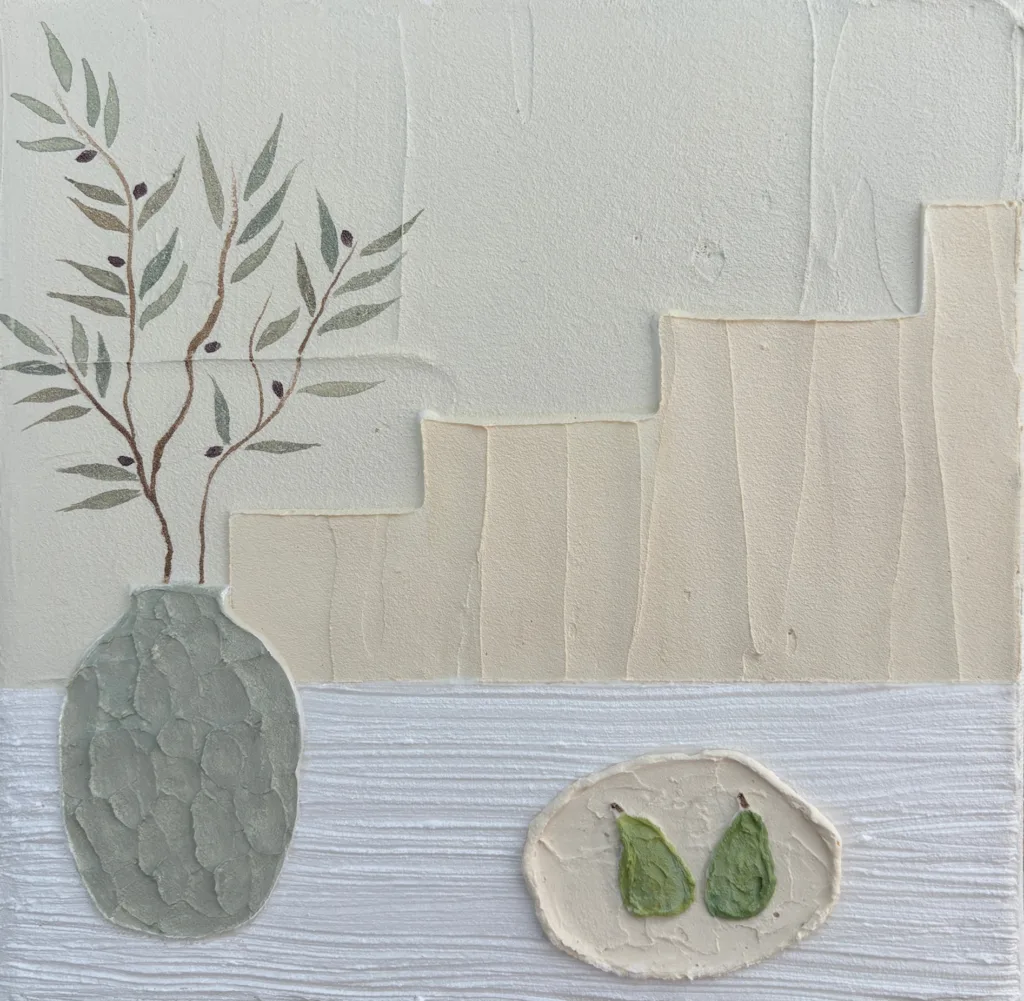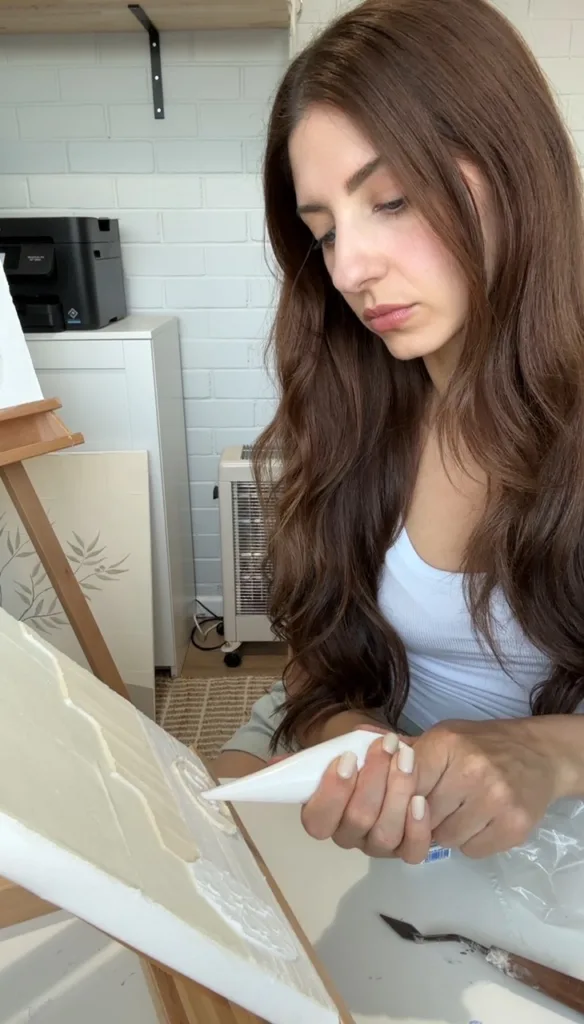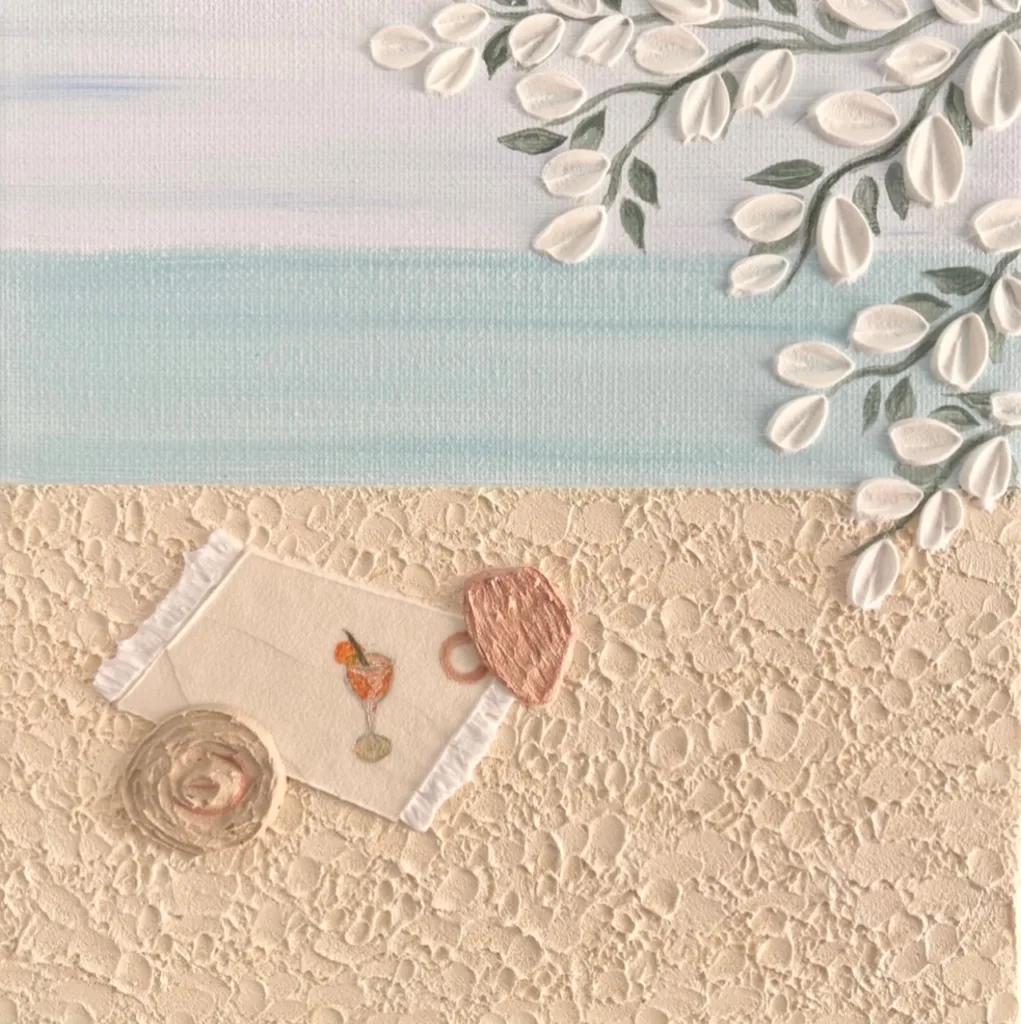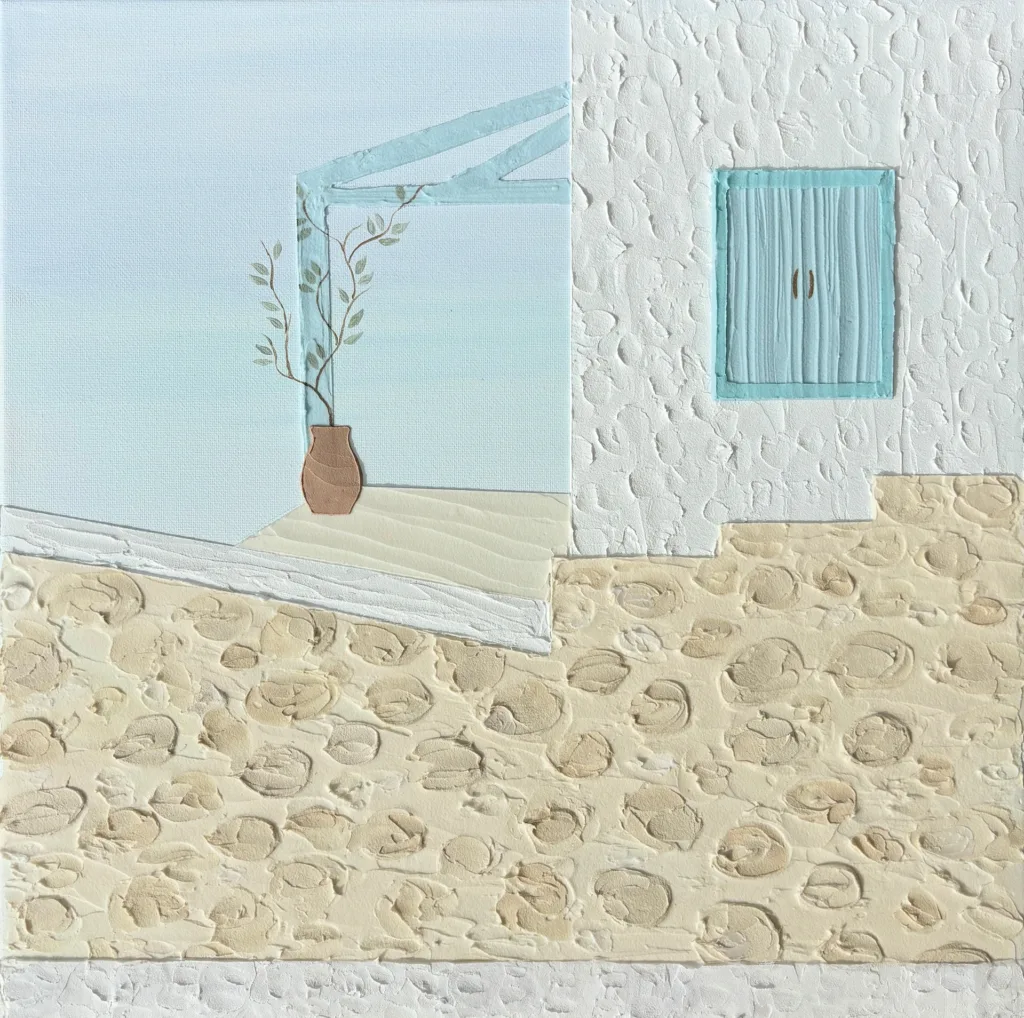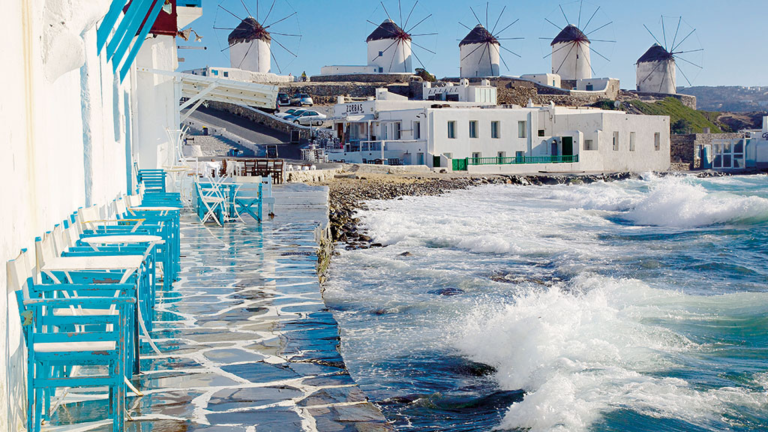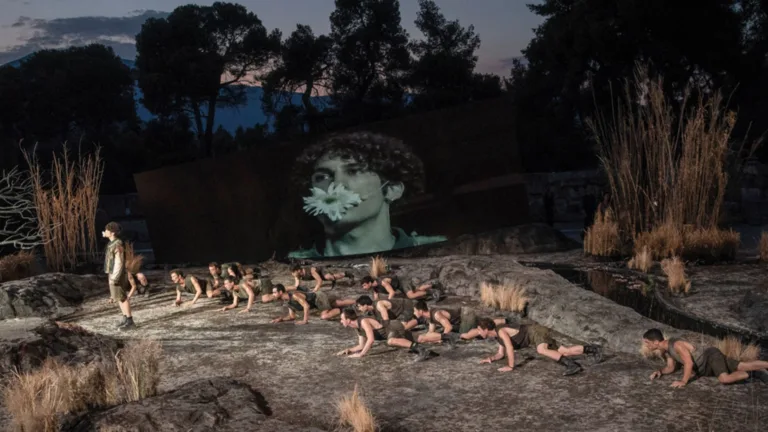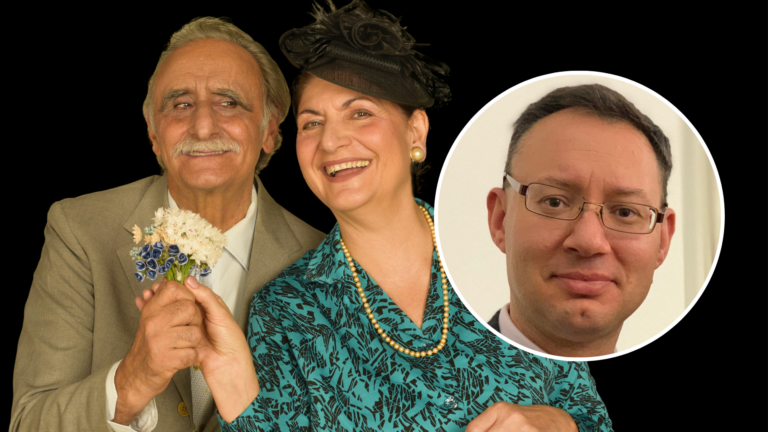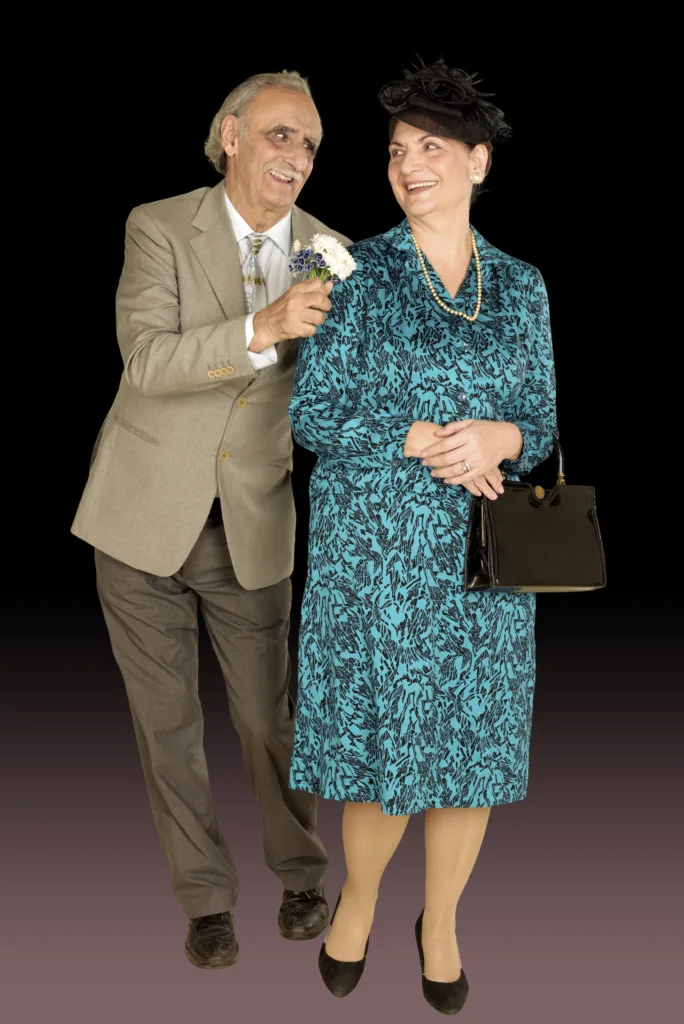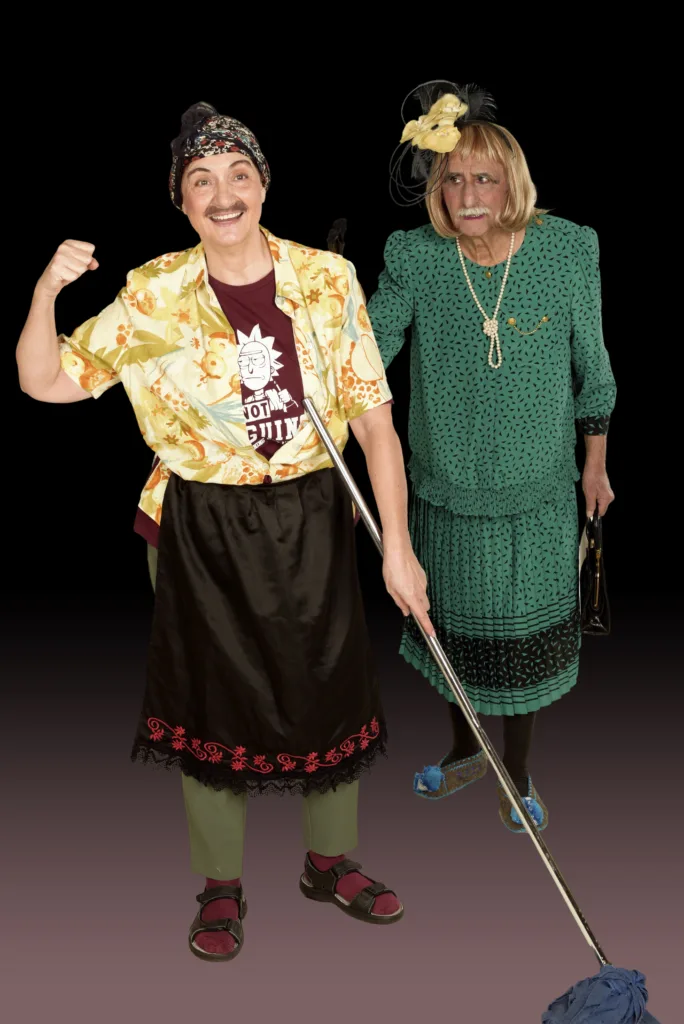Women solicitors have continued to outnumber their male counterparts in all Australian states and territories since the trend was first observed in 2018.
The Australian legal profession has more than 90,000 practising solicitors.
The 2022 National Profile of Solicitors (compiled by consultancy firm Urbis) confirmed that women now make up 55 per cent of all solicitors in Australia.
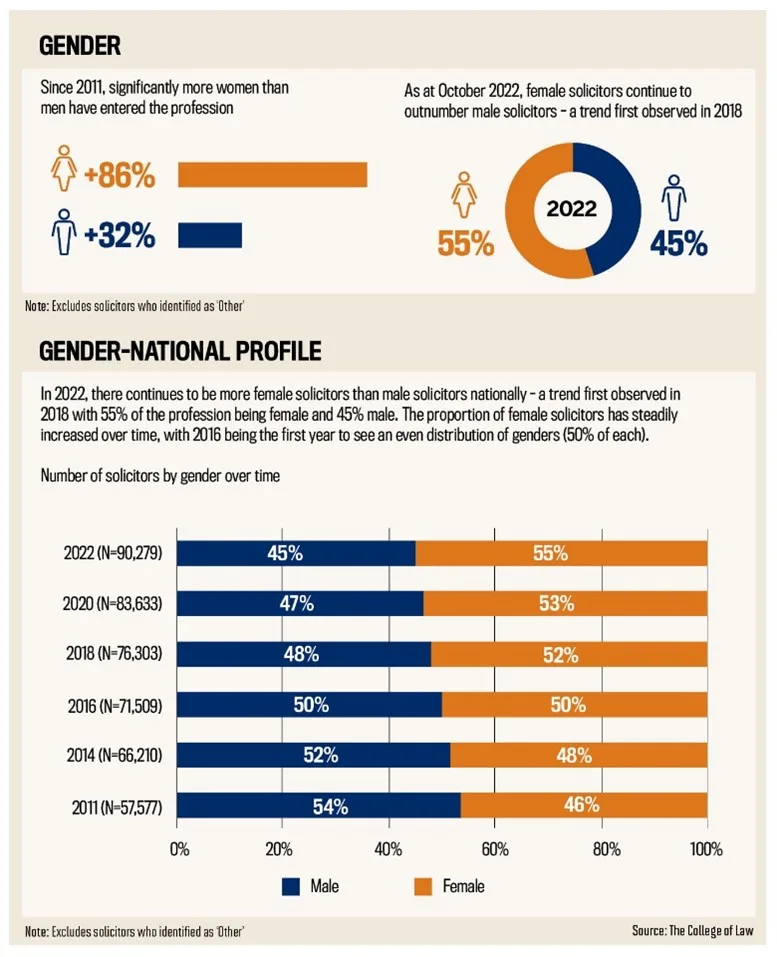
Source: The Lawyer Mag
Adelaide lawyer Julia Zisos, 30, a senior associate for WRP Legal & Advisory, has been tireless in her approach to work and study. While studying law she also worked full-time at WRP Legal & Advisory, working many late nights to fulfill her goals.
Last year, Julia was named as one of 50 Australasian Lawyer’s Elite Women of 2024 who made their mark shaping the legal landscape and championing change in their workplace.
Julia was ‘honoured’ to be selected and acknowledged that while the hours in the legal profession are long, with many challenges for women, there have been significant positive changes since 2020, making it easier to take work home.
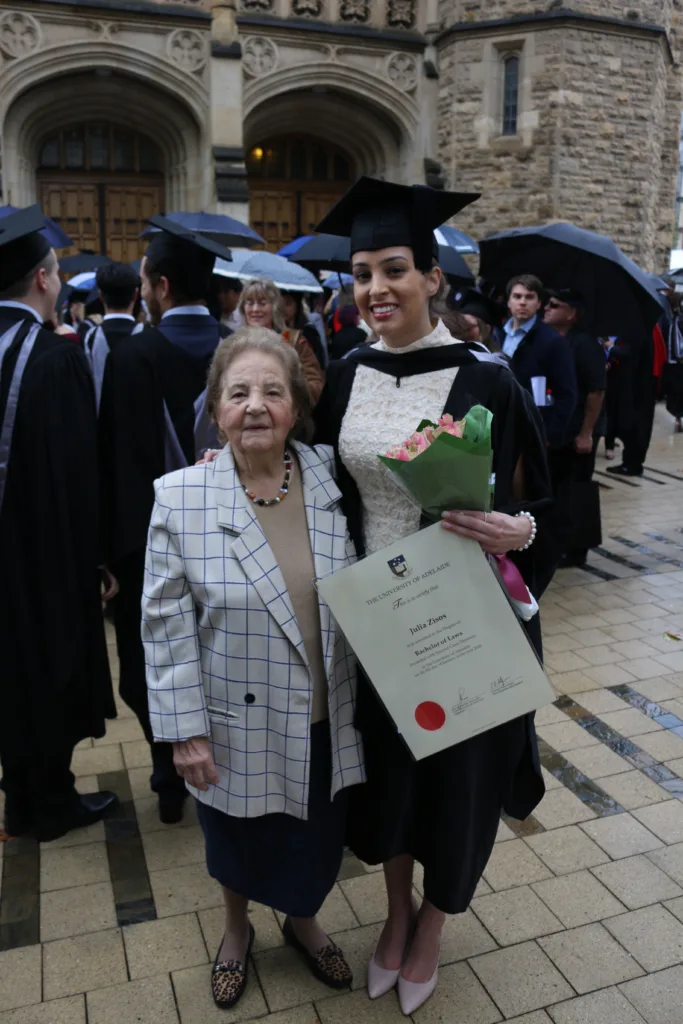
“The profession still provides challenges unique to women,” she said.
“Though the research shows women now make up of half of the legal profession, the partnerships remain predominately male. Shifting this balance will take time, but it’s inspiring to see a new wave of young women entering the profession with fresh perspectives and fierce ambition.
“Today, it’s easier to leave the office and pick it back up at home, giving us more flexibility and balance in a demanding career.”
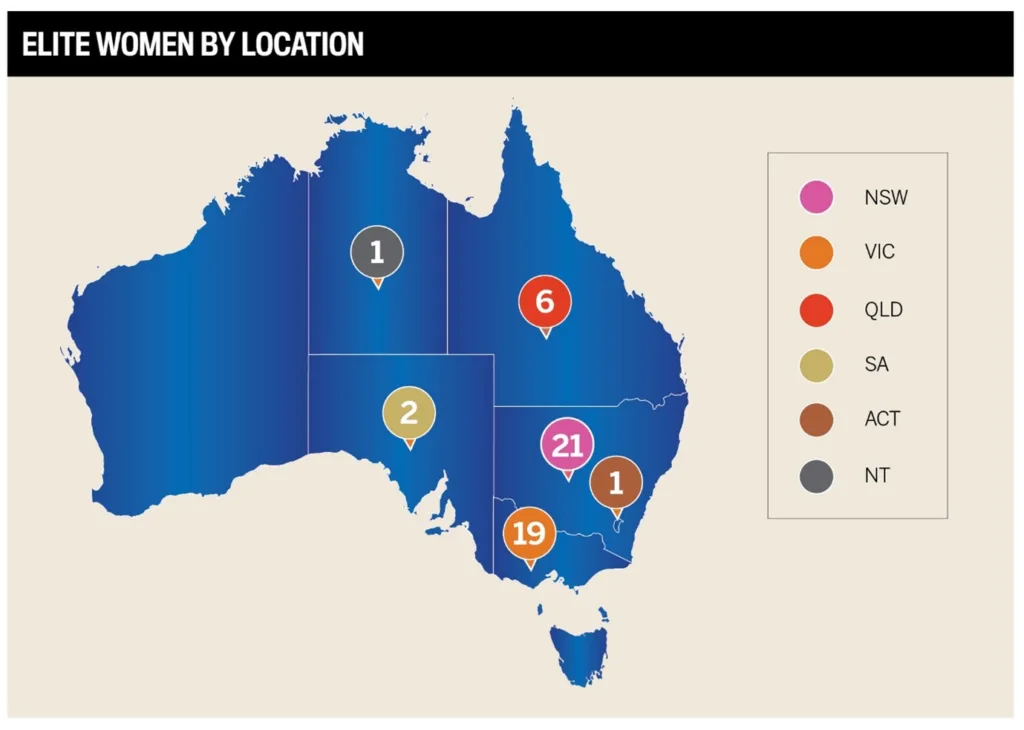
Source: The Lawyer Mag
Her legal career began in her third year at university when she joined WRP Legal – a small firm but with a big work opportunity to grow in a hands-on environment by assisting all the lawyers and navigating the legal world.
“What elevated me was the support from the directors,” she said.
“They have a genuine interest in the development of the junior team, providing mentorship that went beyond passing knowledge – they want us to thrive.”
While she is not involved in any formal mentoring programs at the firm, Julia, who is a senior associate, feels it is important to support new women employees.
“I make sure I provide an environment where they feel comfortable to come to me with questions they may not be comfortable asking a male director,” she said.
“It’s important to me that they have someone who understands their experiences and can offer guidance that resonates with their perspective.”

Julia’s achievements are long, but she is most proud of completing a Master of Laws from the University of Sydney, working fulltime and sacrificing precious weekends to meet course requirements and to study for exams.
“From a young age, I knew I wanted to be a lawyer,” she said.
“The late nights made it that much more meaningful – a test of endurance and commitment that made me stronger and more dedicated than before.
“My family has quite a few lawyers and their influence was everywhere. It wasn’t until law school that I truly understood the breath of the legal world.
“Ironically, the only clear choice I had at that point was I didn’t want to be a criminal lawyer.”
Recently, Julia joined the board of the Windmill Theatre Company that provides specific theatre performances for schools.
As a youngster, her parents exposed her to the arts and those memories prompted her to apply for the position to join the board with responsibilities that include budgets, strategic direction and long-term goals.
“Windmill has some incredibly exciting projects underway,” she said.
“The creative team at Windmill has a real gift for storytelling that captivates younger audiences, consistently bringing a sense of wonder and excitement that resonates deeply with children.
“There are some very exciting ideas currently in production, and I am very excited to see these come to fruition.”

